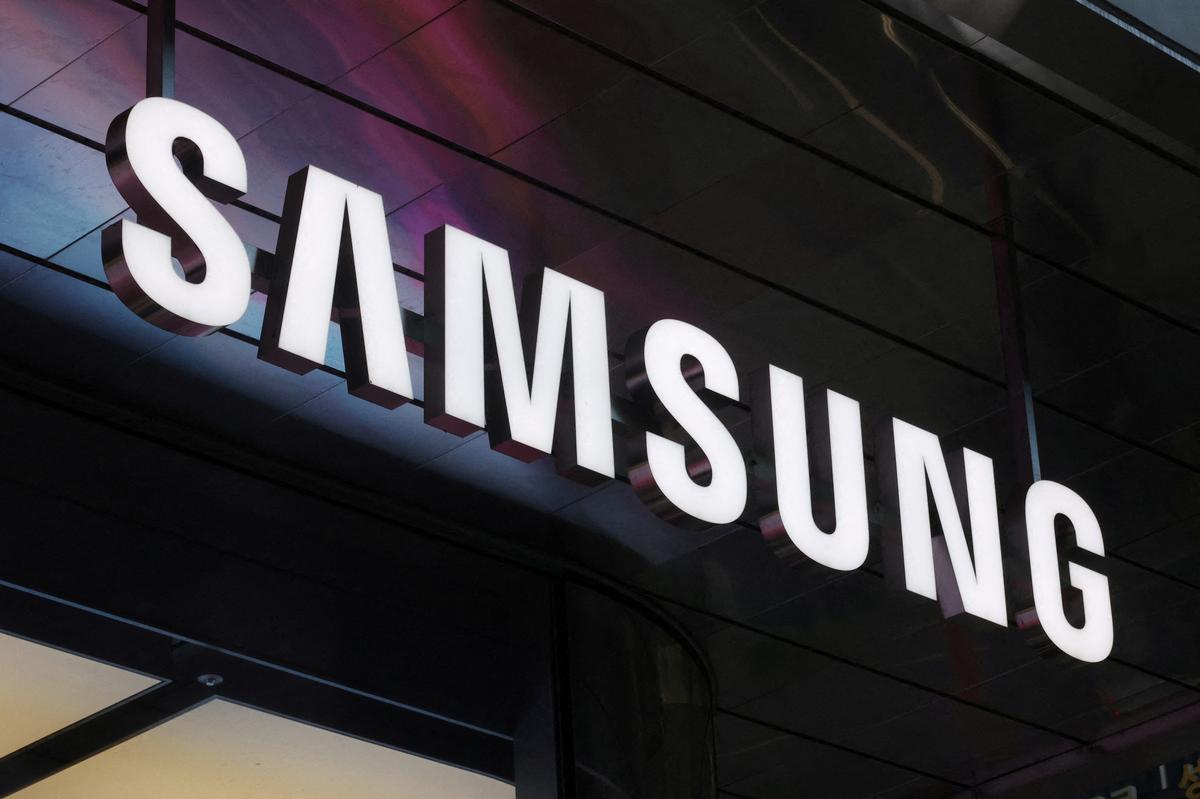Now Reading: Samsung’s Profit Falls 55% in Q2: AI Chip Hype Slows, China Curbs Bite
-
01
Samsung’s Profit Falls 55% in Q2: AI Chip Hype Slows, China Curbs Bite
Samsung’s Profit Falls 55% in Q2: AI Chip Hype Slows, China Curbs Bite

Samsung has reported a sharp 55% drop in its second-quarter profit, mainly due to weak demand for AI chips and restrictions on business in China. Despite the global buzz around artificial intelligence, the numbers tell a more cautious story—growth in the AI chip segment isn’t matching the high expectations, at least not yet.
For India and global tech markets, this shift signals a pause in the AI growth narrative, with ripple effects on investors and manufacturers alike.
AI Chip Demand Softens
Samsung, which has invested heavily in AI chip production, found that the surge in demand did not materialize as expected in Q2. With AI still in its early integration phase across industries, companies are taking longer to ramp up orders. This mismatch between production planning and real-time demand has impacted Samsung’s margins.
The slowdown also highlights how the AI market, though promising, may go through uneven phases before maturing fully.
China Curbs Add to the Pressure
Alongside weak demand, regulatory curbs in China—especially around sensitive tech components—added to Samsung’s troubles. Tensions between China and key tech-exporting countries have made it harder for firms like Samsung to operate freely in the region. These policy-level hurdles limit access to key markets and have a direct impact on sales and supply chain efficiency.
This is not just a Samsung problem. Any major tech company with a China footprint is now being forced to rethink market strategies.
Why India Should Pay Attention
India is steadily building its own semiconductor and electronics ecosystem. Samsung, with major operations in Noida, is a big player in that space. A global slowdown in AI chip production or a dip in confidence from major players could delay investments and hiring in India too.
For Tier 2 cities where electronics manufacturing and ancillary industries are expanding, these global shifts matter. A cooling-off period in AI or chip exports could influence everything from job creation to factory output in emerging tech clusters.
Looking Ahead
While this Q2 slump may seem steep, Samsung still holds a dominant position in memory chips and smartphones. The company is expected to recalibrate and focus on sustainable AI growth rather than chasing short-term spikes. For now, the tech world may need to temper its AI expectations, and Samsung’s numbers are an early warning.
The next few quarters will show whether this was a passing dip—or the start of a more cautious AI cycle.
























